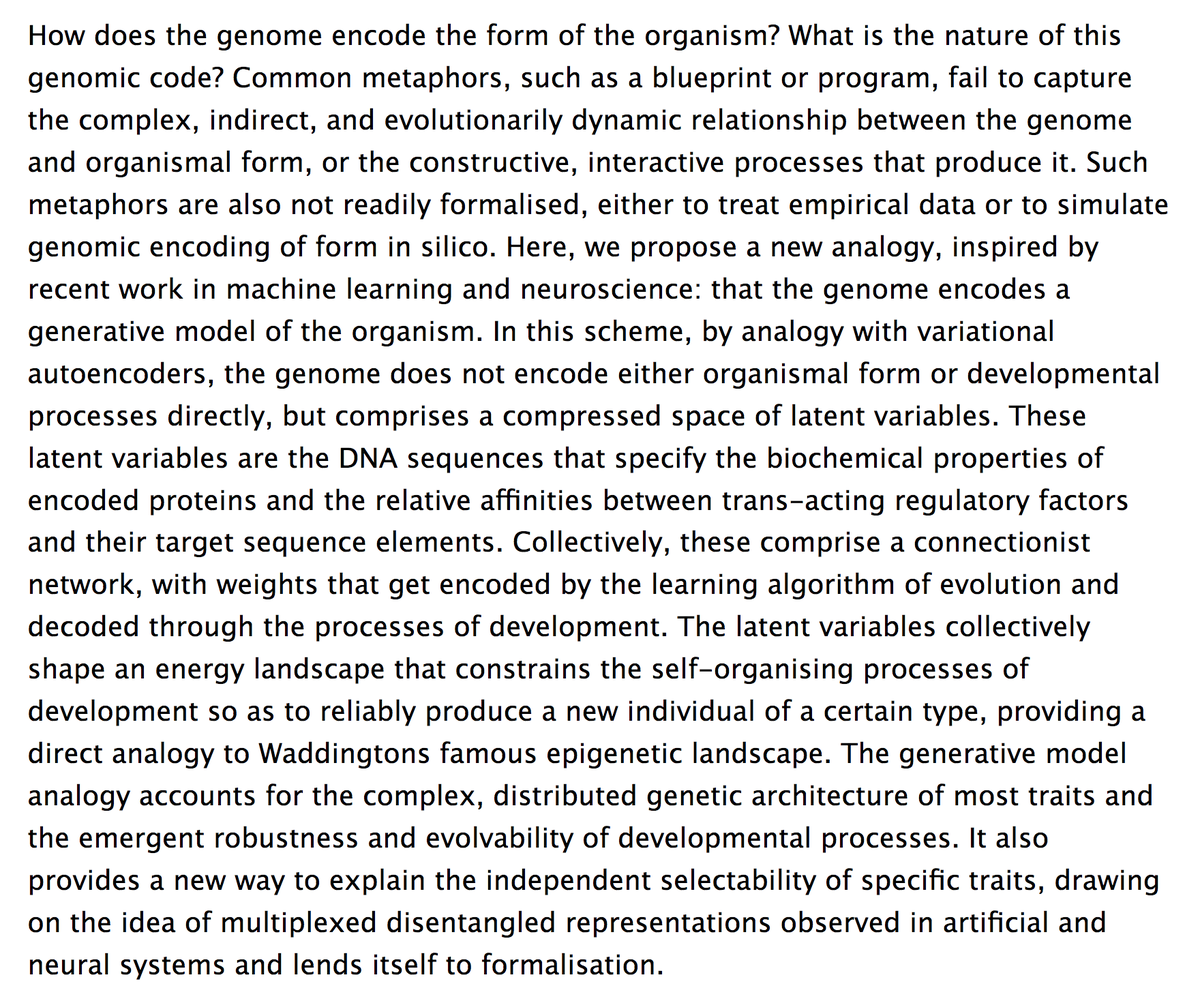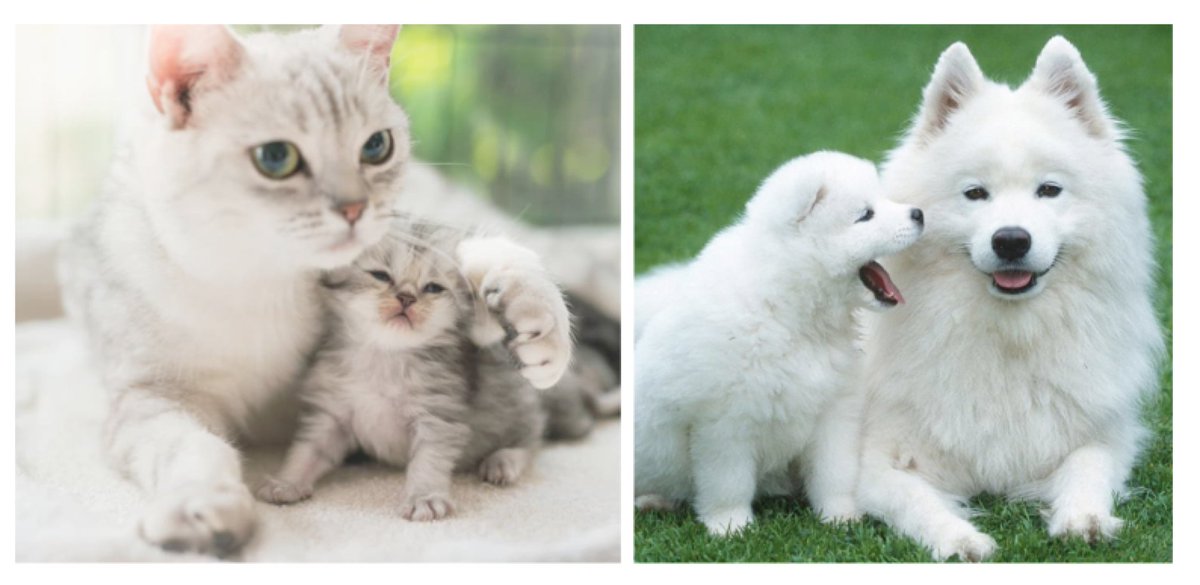Exploring genetic interaction manifolds constructed from rich single-cell phenotypes science.sciencemag.org/content/365/64… - an amazing paper from Thomas Norman and colleagues (in Weissman group) 👏👍 





Now THIS is systems biology coming of age. Going beyond networks (small-world, we know) and uninterpretable hairball diagrams, to an enactive perspective – a description and an understanding of *what the system is doing*. Bravo!
Too much to say about this (and similar approaches in neural systems) - gonna have to blog about it!
We now have the tools to move beyond reductionism to a more enactive, process-based philosophical perspective that makes Biology a science unto itself and not just complicated physics wiringthebrain.com/2017/09/what-a…
• • •
Missing some Tweet in this thread? You can try to
force a refresh









